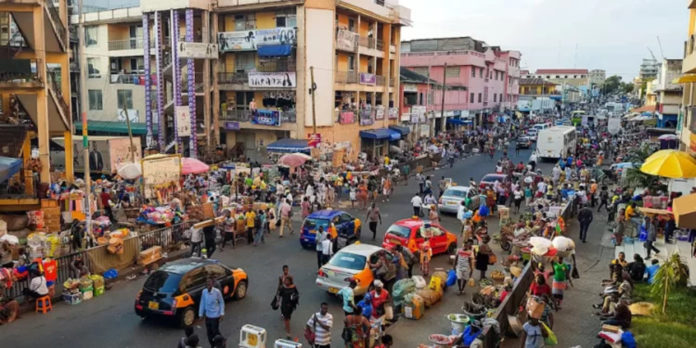About 21.8 per cent of voters in a recent poll consider the economy as the most pressing issue facing the country today.
Seventy-five per cent of such voters rate the current economic issue as very high or high.
The polls conducted by Data Insight Group of JOB Group Limited and Chartered Media Consult revealed that similarly, with a high unemployment rate and youth unemployment, hovering around 14.7 per cent, it was not surprising that more than 16 per cent of voters consider unemployment as the second highest issue the country was currently facing.
Although the government is not a direct employer, it is essential to address employment challenges and create opportunities for sustainable economic growth.
Education was rated as number three while healthcare remained the fourth most pressing issue among voters with no jump or drop in position when compared to the previous poll.
Energy remains the 5th most pressing issue among voters.
Mr Osei Boakye, the Managing partner of Chartered Media Consult, said “In a more fascinating turn of events, the opportunity for voters to be politically knowledgeable and be engaged is very important.”
He said with political campaigns, gaining momentum, voters’ engagement was starting to be more competitive.
According to the polls, only 36 per cent of voters would decisively vote for the incumbent party for President, which was a 4.0 point gain in share from the last poll in May.
While 52 per cent of voters will firmly vote for other parties and 12 per cent may either vote for the incumbent or other parties for Presidential.
For parliamentary seats, the poll affirmed predictions from previous poll data that no single major political party would be able to secure a simple majority in parliament.
Mr Ebenezer Obeng-Nyarkoh, Lead Analyst of the Data Insight Group, said, “This is clearly an opportunity for more independent candidates to jump in the race since chances of securing the seat from the incumbent are high.”
He said generally, there was a link between rising unemployment resulting in anti-incumbent and, given that 44 per cent of voters would not vote for the incumbent party and this clearly offered an opportunity for independents to outperform the mainstream establishment.

